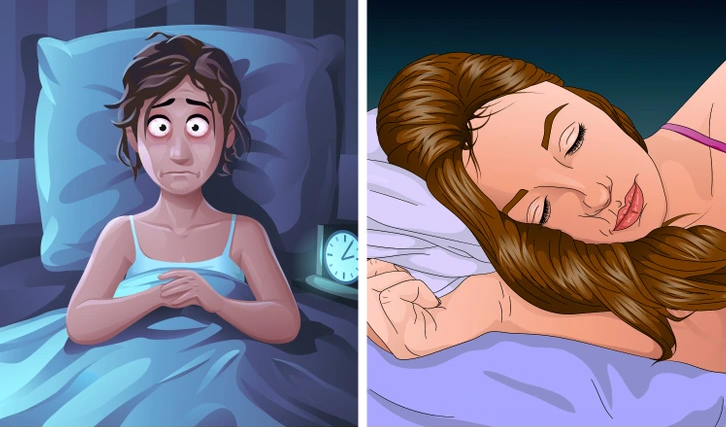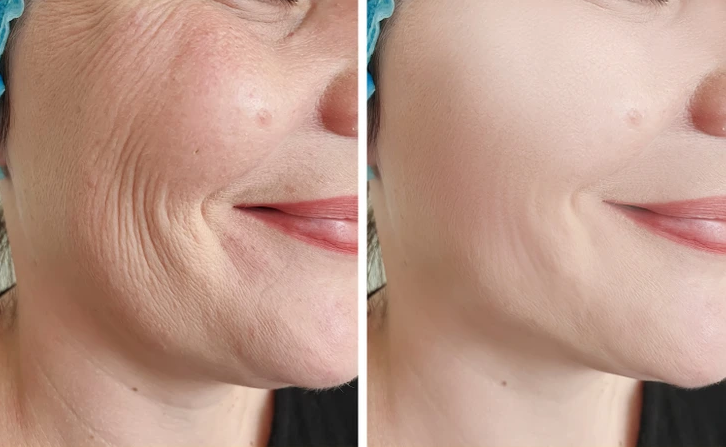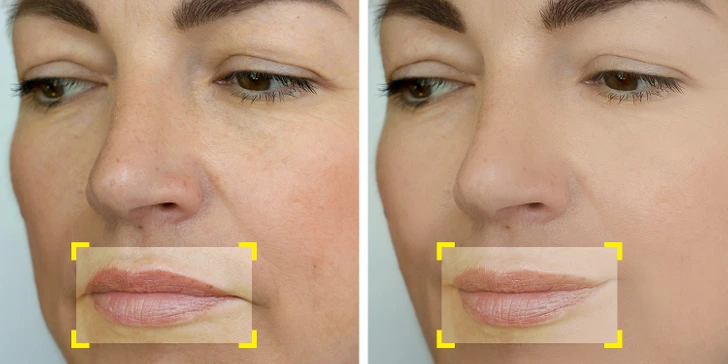Why Going to Bed Earlier Could Be the Game-Changer Your Body’s Been Waiting For
Ever wonder what successful people like Kim Kardashian, Oprah Winfrey, and Anna Wintour have in common—aside from empires, elegance, and influence? Their secret weapon is surprisingly simple: they go to bed at 10 p.m. That’s right. No late-night binge-watching, no endless scrolling. Just lights out and dreams on.
But here’s the real kicker — science is backing them up. Turns out, hitting the pillow earlier can lead to a healthier body, sharper mind, and more stable mood. Let’s break down exactly what can happen to your body when you start turning in at 10 p.m. consistently.
You Maximize the Power of Your Sleep Cycles

Sleep isn’t just about shutting your eyes — it’s a delicate rhythm of phases. We move through light sleep, deep sleep, and REM (Rapid Eye Movement), cycling every 90 minutes. But the magic? It happens mostly between 10 p.m. and 2 a.m. That’s when your deepest, most restorative sleep kicks in.
Go to bed at midnight? You miss a good chunk of that gold.
Studies have shown that people who sleep earlier and longer tend to avoid racing thoughts, nighttime anxiety, and insomnia triggers. It’s not just about sleep length — timing matters, too.
Your Body Repairs and Recovers More Efficiently
Let’s talk regeneration.
Between 10 p.m. and 2 a.m., your body releases growth hormone, which plays a key role in repairing muscles, tissues, and even skin cells. Whether you’re a gym rat, a weekend hiker, or someone just trying to stay limber, this is when your body resets and rebuilds.
Think of it as nature’s maintenance window — and you’re either booking the appointment or missing it entirely.
Video: Why 10pm Is The Best Time To Go To Bed
Your Stress Hormones Chill Out
Ever feel on edge after a bad night’s sleep? That’s cortisol doing its thing — and not in a good way.
Cortisol, aka the stress hormone, rises when you’re sleep-deprived. This can spike anxiety, mess with your appetite, and even mess with your blood pressure. Going to bed earlier helps you get deeper rest, which in turn keeps cortisol levels in check.
It’s a win for your brain, your mood, and your entire nervous system.
You Strengthen Your Immune System
Sleep is your immune system’s best friend. And studies show that people who consistently go to bed earlier are less likely to get sick.
Why? Because deep sleep helps your body generate and circulate more immune cells, including T-cells and antibodies. That 10 p.m. bedtime puts you in sync with your natural circadian rhythms, giving your body time to defend and protect itself against illness.
So yes, earlier sleep could mean fewer colds and better resistance to viruses.
Your Skin Thanks You (A Lot)

They don’t call it “beauty sleep” for nothing.
The deep sleep you get between 10 p.m. and 2 a.m. helps your skin rebuild collagen, restore hydration, and repair damage from UV rays and pollution. But when you go to bed too late, your body misses out on the chance to perform those vital skin-refreshing processes.
The result? Faster aging, more fine lines, uneven tone, and that tired, puffy look we all dread.
If youthful, glowing skin is your goal, an earlier bedtime might be better than your most expensive moisturizer.
You Regulate Your Emotions More Effectively
Sleep and mood are deeply linked — and lack of sleep makes it harder to regulate emotions.
Studies show that people who sleep earlier and longer tend to be happier, more resilient, and better equipped to manage stress. That extra rest helps regulate your brain’s emotional processing centers, especially your amygdala and prefrontal cortex.
Waking up earlier also means more sunlight exposure, which boosts serotonin, the feel-good hormone tied to mood balance and overall well-being.
You Improve Your Ability to Read Social Cues

Here’s something unexpected: your sleep habits can affect your emotional intelligence.
Researchers found that people who don’t sleep well have trouble recognizing subtle emotional expressions — like the difference between a fake smile and a real one. Meanwhile, they’re hyper-aware of anger and fear, thanks to a heightened survival response.
That might explain why you’re more irritable or misread people’s intentions after a poor night’s sleep.
Better sleep = better relationships? Looks like it.
So, What Happens When You Start Sleeping at 10 p.m.?
To put it simply, everything improves — from your physical health to your mental clarity and even your social life. It’s like giving your body and brain a full system upgrade every night.
And while we can’t promise you’ll wake up tomorrow as productive as Oprah or as effortlessly stylish as Anna Wintour, we can say this: your future self will definitely thank you.
Video: What Happens to Your Body When You Go to Sleep at 10 PM?
Conclusion
Going to bed at 10 p.m. may sound old-fashioned in a world that’s always “on,” but it turns out, it’s one of the most powerful wellness tools you can tap into. The benefits go beyond beauty sleep — they touch every part of your body, from immunity and metabolism to mood and mental focus.
So tonight, maybe skip that extra episode. Dim the lights, silence the notifications, and slide under the covers by 10. You might just wake up feeling stronger, calmer, and more in control of your day — and honestly, who wouldn’t want that?